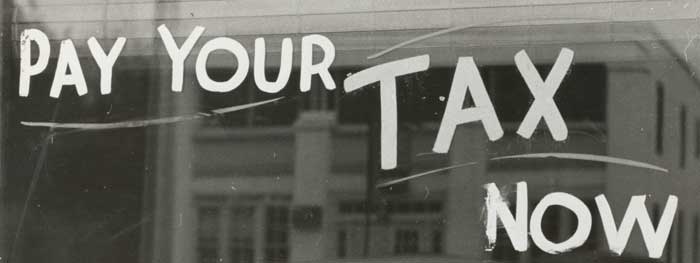In the second of our series of what impact do the changes on financial legislation have on you, we look at Capital Gains Tax.

As part of the government’s budget in October 2022, the Capital Gains Tax (CGT) has been reduced by 50%. CGT is applicable to the profits you make from selling or disposing of an asset or other assets of value. This starts from April 2023.
The current CGT allowance is now £6,000 and you do not need to pay any tax on any gain up to this amount. It is expected that in the region of half a million will pay CGT in the current tax year with more expected to be paid from 23/24 tax year, when allowances reduce to £3,000.
Basic rate tax payers generally pay 10% CGT on most assets and 18% on residential property.
Individuals with income above the higher rate threshold will usually be tax at 20% on most assets and 28% on property.
A main residence is not classified as an asset and remains exempt for CGT purposes.
Careful thought needs to be given as to how assets are disposed of along with income and how assets are held – e.g. Individual Savings Account (ISA) gains are CGT exempt. It is important to assess any capital losses too which can be offset against gains.
CGT is calculated on the difference between what an item was acquired for and the value it is disposed for (this can, in many circumstances include items which are gifted). Certain allowance expenses can be deducted when calculating tax due.
For most of us, this will relate to land and investment property (second homes), business assets, art, antiques, investments (stocks), trusts and overseas holdings. Certain assets such as wine or spirits are exempt.
It is important to plan all such disposals and to consider tax implications also. Please seek professional advice, for more info…
Please remember when CGT is not payable you must advise HMRC of any gain over £50,000.
Here’s the links to all four articles:
* The value of an investment may go down as well as up, and you may get back less than you originally invested.
If you are interested in learning about what makes RobMac different and think that we can help, then please get in touch. If you would like to discuss your financial position, you can arrange to meet online with one of our financial advisers. You can call us on 0131 226 6700.